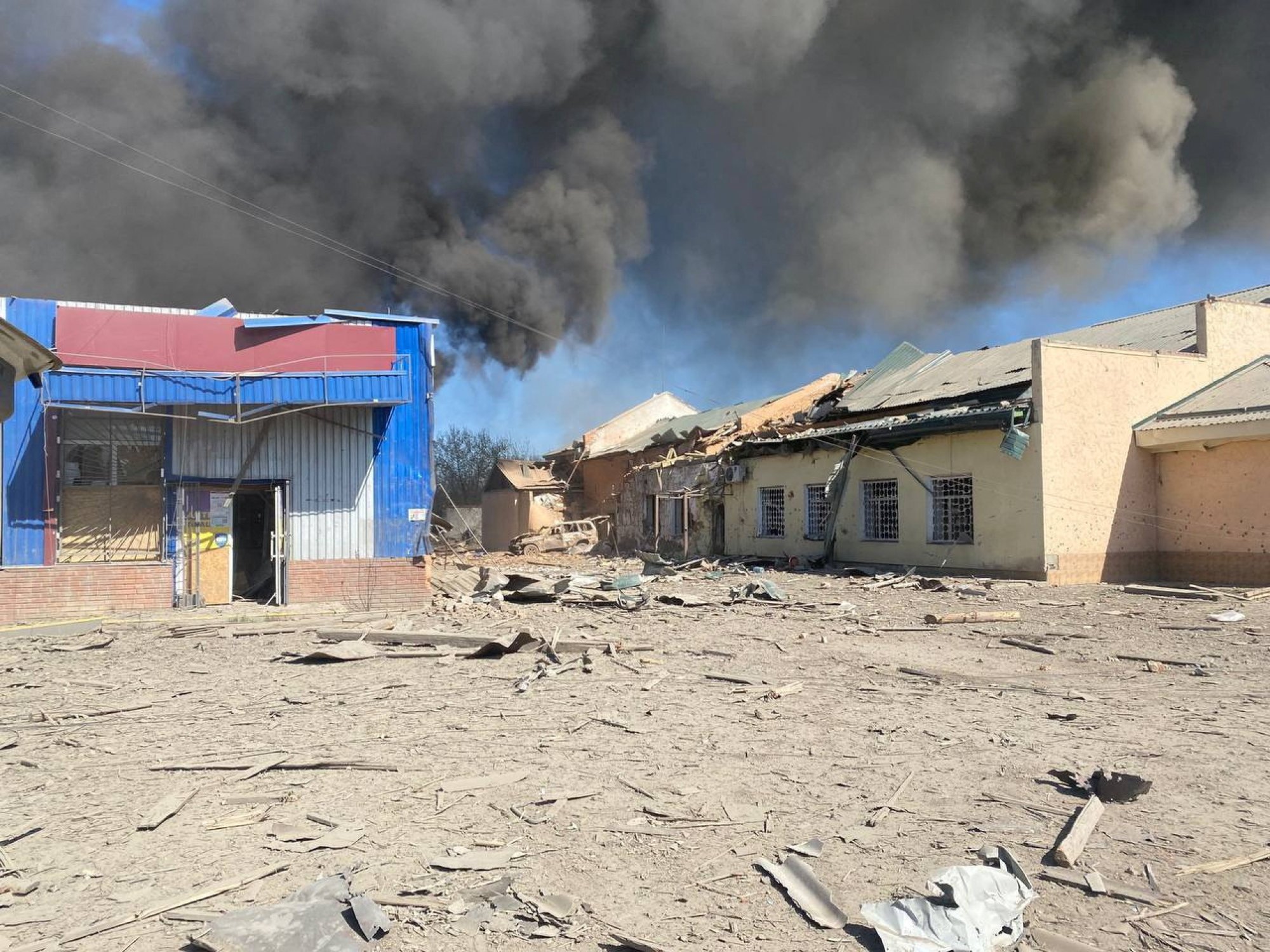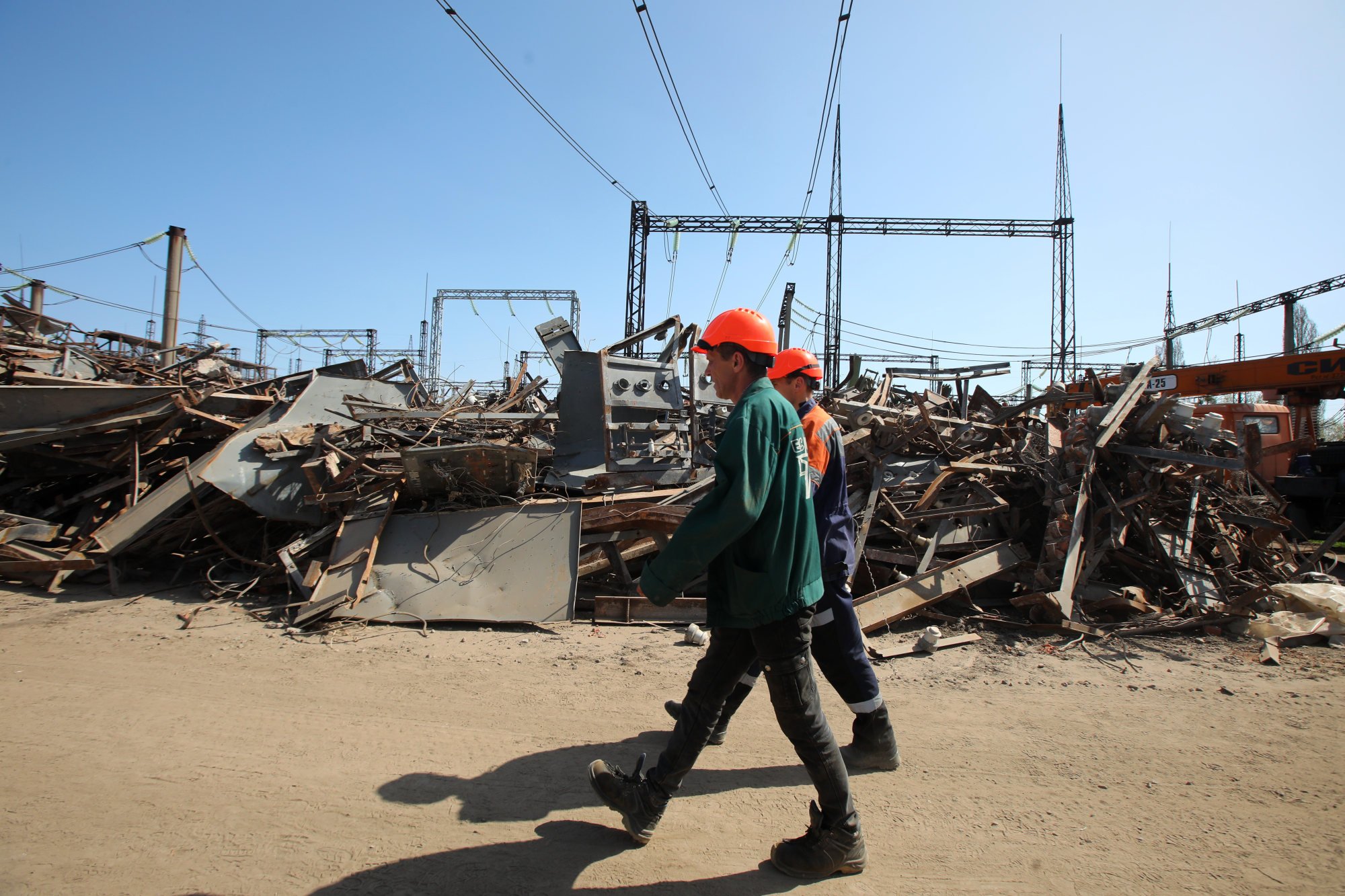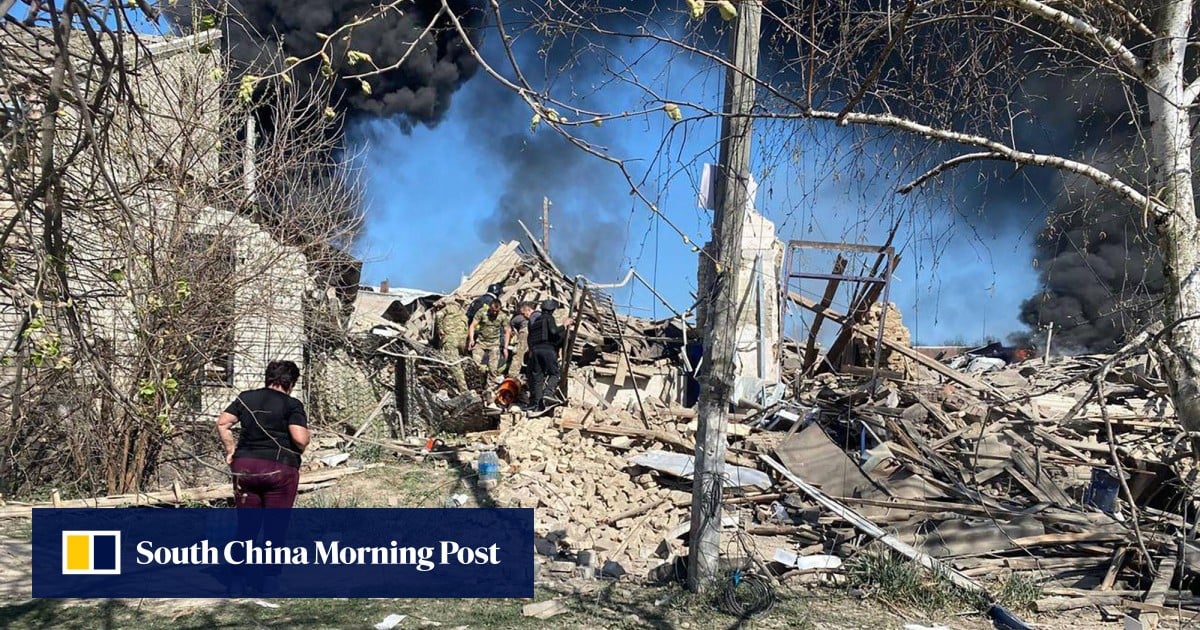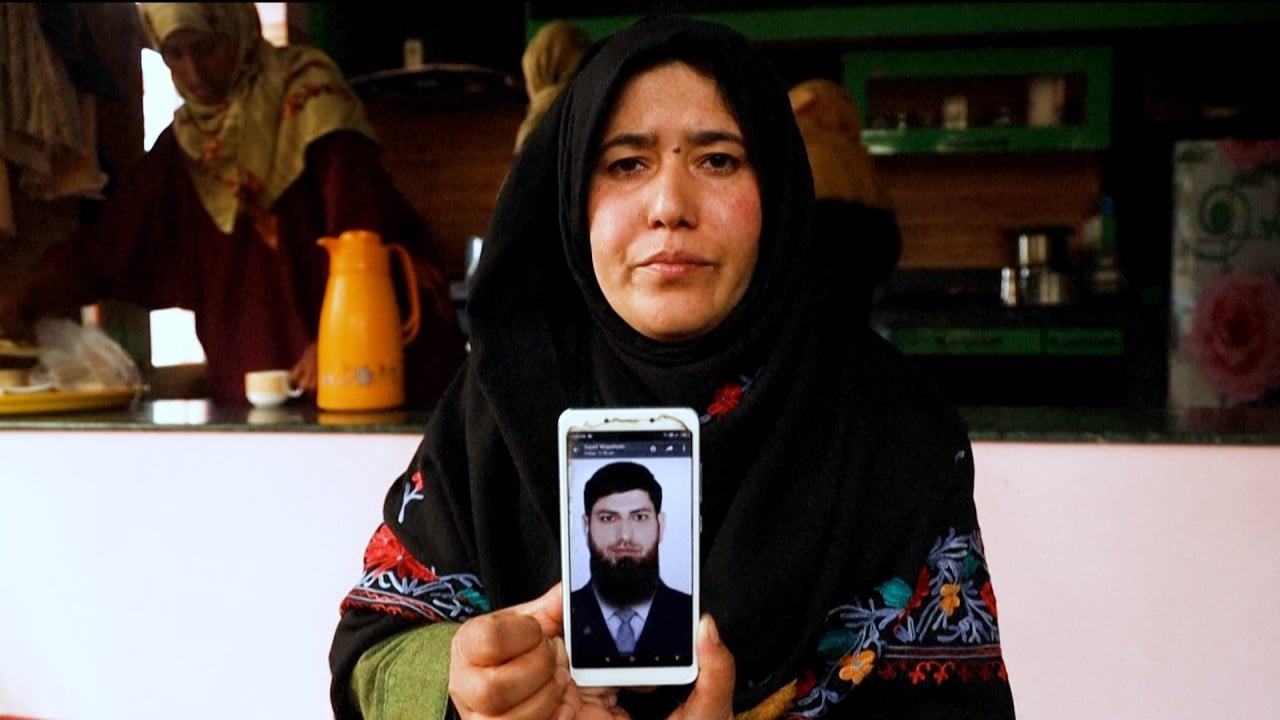The eastern Ukrainian region of Kharkiv, which has been particularly hard hit by Russian shelling, has ordered the forced evacuation of families with children from 47 villages near the border.
These are communities in the three districts of Bohodukhiv, Izyum and Kharkiv, the military governor of the region, Oleh Syniehubov, said on Thursday via Telegram. However, the regional capital was not affected, he added.
The reason for the evacuation was the almost daily shelling of the towns by the Russian army. The governor promised that all those affected would receive the appropriate humanitarian and legal aid.

The day before, a young girl was killed by Russian shelling in the village of Lyptsi in the Kharkiv district, just 10 kilometres from the Russian border.
Power infrastructure in the Ukrainian regions of Kharkiv, Lviv, Kyiv and Zaporizhzhia was hit in renewed heavy Russian missile strikes overnight, Energy Minister German Galushchenko said on Facebook on Thursday.
Damage was also reported in the Odesa region.
The country’s largest electricity producer, DTEK, said on Telegram that two of its thermal power plants had been damaged.
South of Kyiv, the Trypillia thermal power plant was destroyed, the state operator Centrenergo told Interfax Ukraine. None of the plant’s employees were injured. A fire had engulfed the turbine house and extinguishing work was continuing. The plant is unable to generate electricity.
US general says Ukraine could be outgunned by Russia ‘10 to 1’ in weeks
US general says Ukraine could be outgunned by Russia ‘10 to 1’ in weeks
Following the third serious wave of attacks within a few days, Ukrainian President Volodymyr Zelensky appealed to Western allies to supply Ukraine with more weapons. More than a dozen power plants have been destroyed or put out of action since mid-March.
“We need air defence systems and other defence assistance, not just turning a blind eye and having lengthy discussions,” Zelensky wrote on X, formerly Twitter.
He reiterated the point after a meeting in Vilnius on Thursday with Lithuanian President Gitanas Nausėda.
“For us, air defence is the point number one, priority number one,” Zelensky said.
Nausėda emphasised that Lithuania would do everything in its power to provide Ukraine with the necessary help. “It’s not easy, but we are trying to do our best,” he said.
Lithuania is one of Kyiv’s staunchest supporters and handed over drone defence equipment, power generators and folding cots to the Ukrainian army on Thursday.
At least 10 infrastructure facilities in and around Kharkiv were attacked with missiles overnight, according to Governor Syniehubov.
According to the Ukrainian Air Force, Russia deployed six of its Kinzhal hypersonic missiles. Of 40 attacking Iranian-made Shahed combat drones, 37 were intercepted, it said.
Putin plots Russia’s war of attrition in Ukraine amid manpower challenges
Putin plots Russia’s war of attrition in Ukraine amid manpower challenges
“Unfortunately, we observed a series of strikes on our energy sites recently and were obliged to respond,” Russian news agencies quoted Putin as telling Belarusian President Alexander Lukashenko.
Putin said the attacks were part of Russia’s aim of “demilitarising” Ukraine as the attacks affected Kyiv’s military industry. And Russia, he said, had refrained from carrying out such attacks in winter “out of humanitarian considerations”.

He signed a bilateral security agreement with his Latvian counterpart, Edgars Rinkēvičs, in which Latvia undertakes to provide Ukraine with annual military support worth 0.25 per cent of its economic output.
Zelensky recently introduced a law reducing the age for military reservists to 25 from previously 27. This allows men aged between 25 and 60 to be called up for service. Women are free to volunteer.
Ukraine passes conscript law to fill army ranks; Russia destroys Kyiv power plant
Ukraine passes conscript law to fill army ranks; Russia destroys Kyiv power plant
The already dangerous situation at the Russian-occupied Ukrainian nuclear power plant in Zaporizhzhia is getting worse, the UN’s nuclear watchdog said on Thursday.
The drone attacks on the plant last weekend were “significantly increasing the risk of a nuclear accident,” said Rafael Grossi, the head of the Vienna-based International Atomic Energy Agency (IAEA).
At a special meeting of the IAEA board of governors, he urged military decision-makers and the international community to focus on de-escalating the hostilities around Europe’s biggest nuclear plant.
Representatives of Moscow and Kyiv, who were at the meeting, once again blamed each other for the attacks. Grossi, however, avoided apportioning blame.
Grossi said he would be travelling to the UN Security Council in New York next week to advocate for the safety of the facility.
Additional reporting by Reuters


